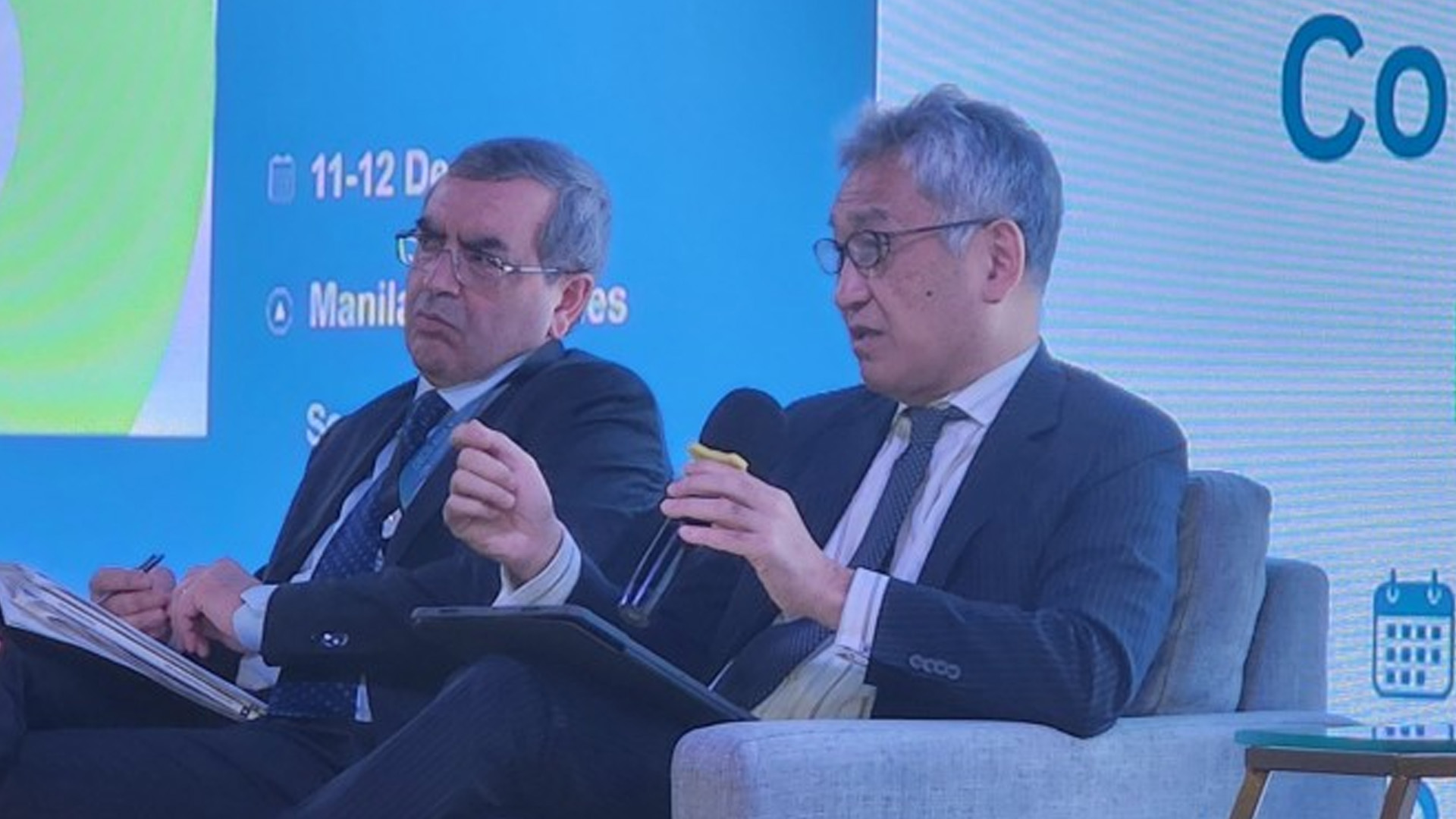The 2024 Capital Market Review of the Philippines by the Organisation for Economic Co-operation and Development (OECD) has underscored the country’s need for stronger capital markets to achieve its growth targets.
During the launching of the report at the Securities and Exchange Commission (SEC) headquarters in Makati City Wednesday, OECD Director for Financial and Enterprise Affairs Carmine Di Noia said market-based financing remains limited, reflecting the low activity in the equity and corporate bond markets.
Di Noia said activity in the capital markets remained subdued despite the Philippines recording strong gross domestic product (GDP) growth over the past years.
“To deliver on the 6.5 to 8 percent GDP growth targets for 2024-2028 of the Philippine Development Plan (PDP), the country needs to close the large infrastructure investment gap and raise the capital per worker to the level of peer countries. To achieve this, the Philippines requires a well-functioning capital market to mobilize and allocate resources efficiently in the economy,” the OECD report said.
While recognizing the progress done by the SEC and the Philippine Stock Exchange (PSE), it said the country needs to further improve corporate governance practices.
“The dominance of conglomerates containing within-group banks creates both financial risks and corporate governance challenges,” the report said.
The OECD suggested that the Philippine government should allocate more resources to regulators and provide them with a clearer mandate to enforce corporate governance rules.
It added that strengthening the independence of boards and audit committees and addressing issues like related-party transactions could help foster greater transparency.
Additionally, the review recommends updating the Philippine Code of Corporate Governance to align it with the latest global standards, such as the 2023 G20/OECD Principles of Corporate Governance.
Another challenge identified by the OECD is the low level of initial public offerings (IPOs) and PSE listings.
The report said the Philippines has one of the lowest numbers of newly-listed firms and capital raised via IPOs in Southeast Asia.
“We commit to further shortening the IPO approval process in line with the recommendations of OECD in the report. To address costs related to issuance, we are currently studying the possibility of extending the term of shelf registrations,” SEC Chair Emilio Aquino said.
Moreover, other challenges in the capital markets identified by the OECD include liquidity in the secondary public equity market, market-based long-term financing via corporate bonds, and deepening the investor base.
Recommendations to address these challenges include incentivizing companies to increase their free float, reducing transaction costs, and supporting the development of a derivatives market to enhance liquidity; improving transparency in the credit rating process and promoting public-private partnership bonds as a strategic way to increase infrastructure investment; and intensifying financial literacy and consumer protection campaigns. (PNA)







